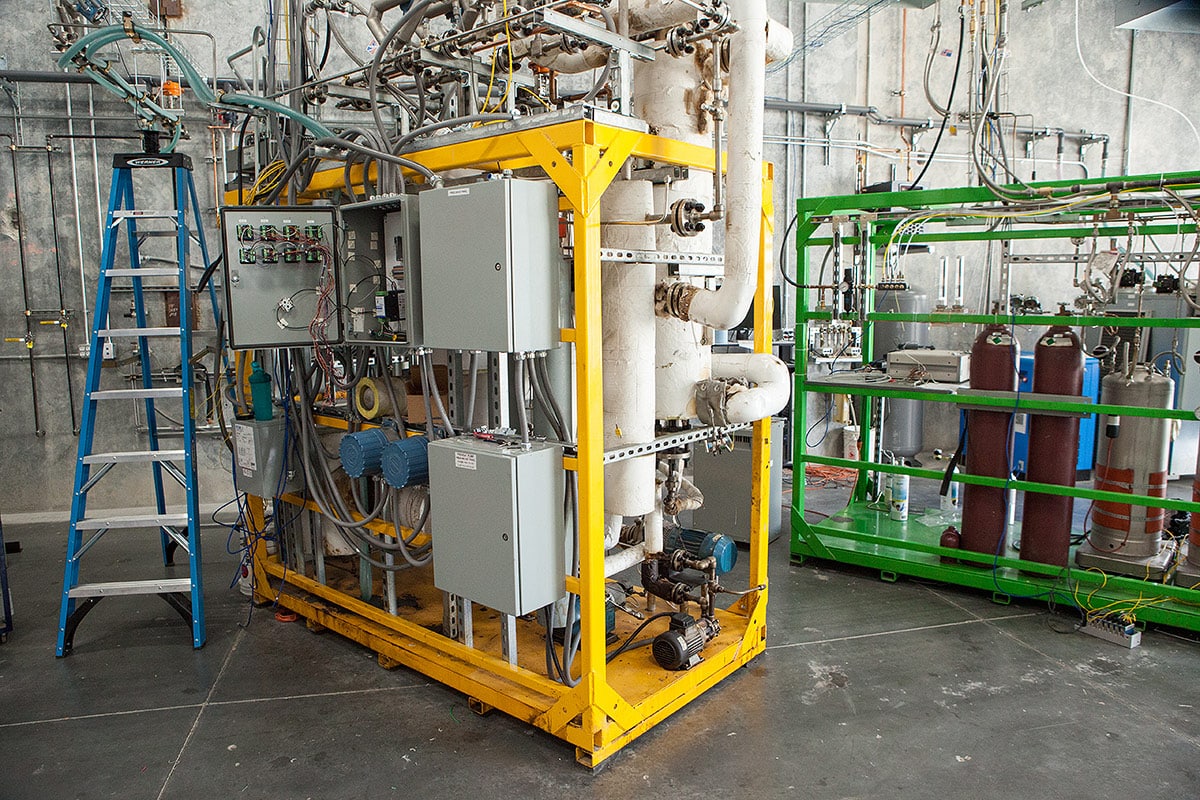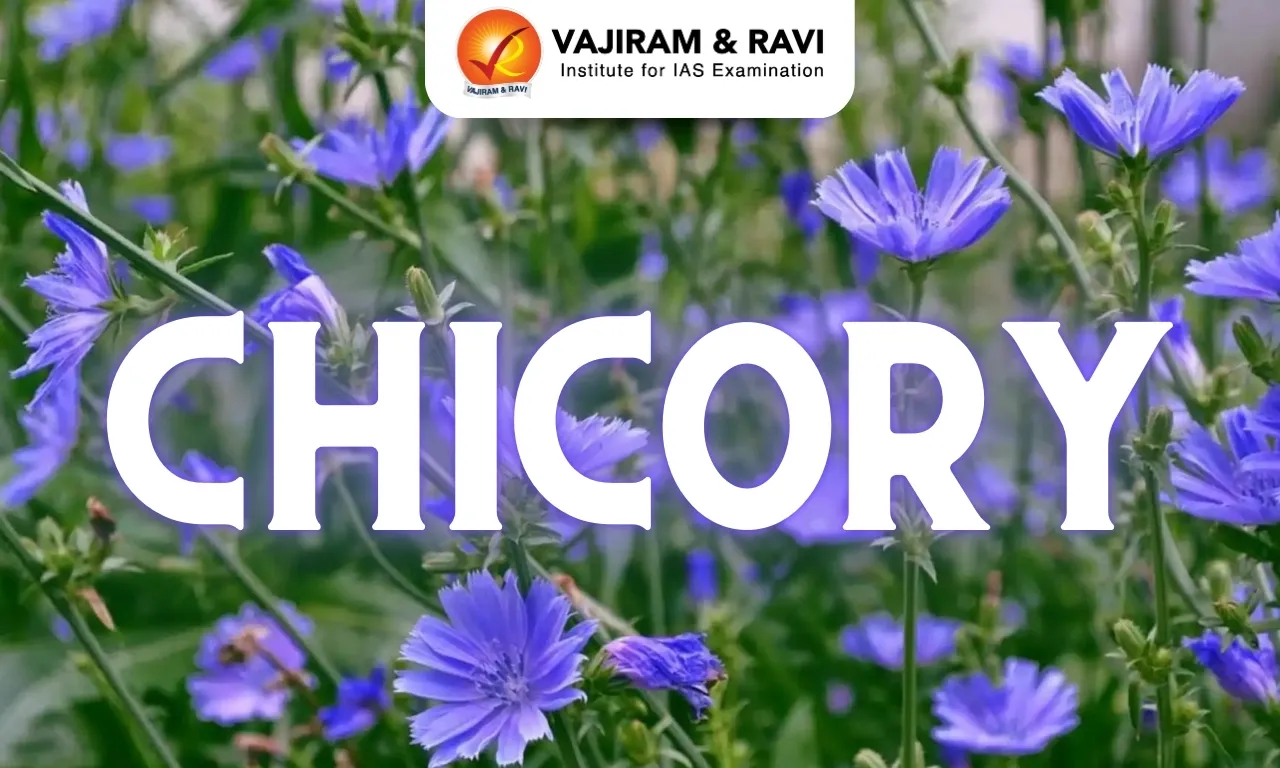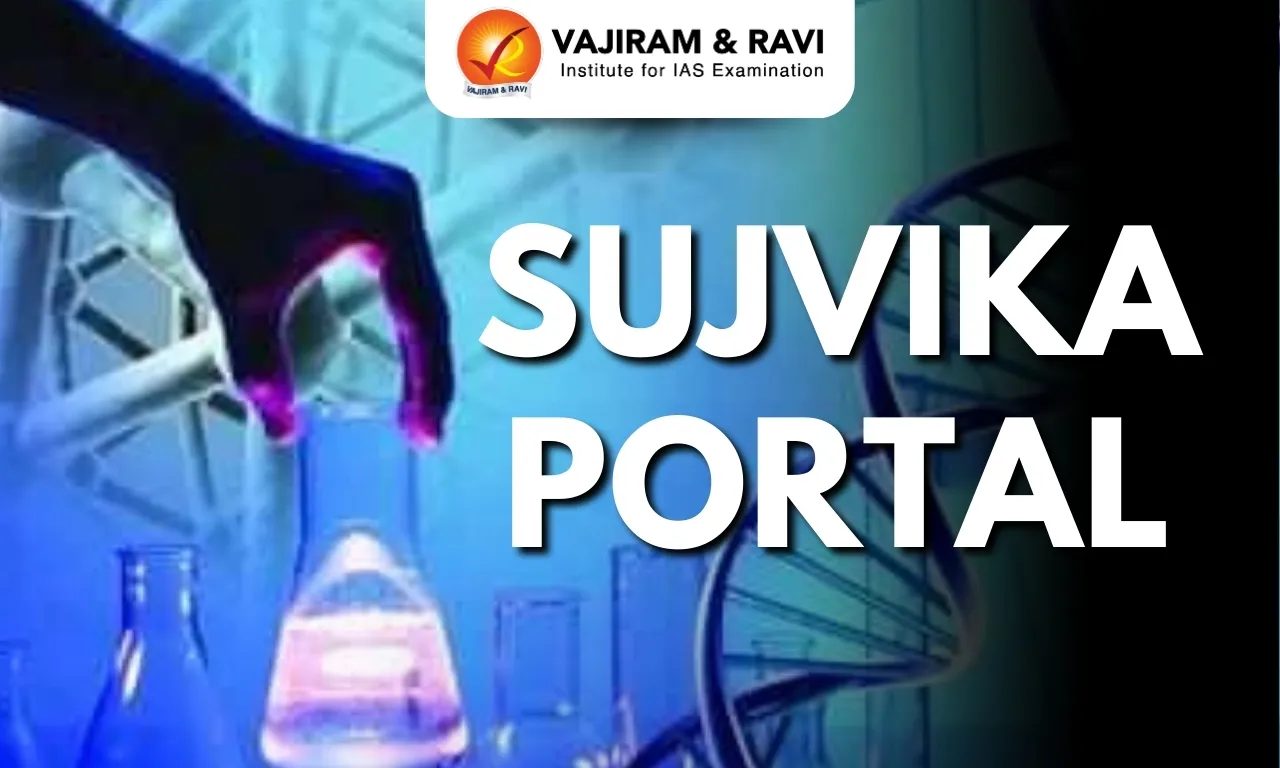About Fischer – Tropsch (FT) Process
- FT process is the process where synthesis gas (H2 and CO) is converted into a mixture of hydrocarbons, oxygenates, water, and carbon dioxide.
- It was first developed in the 1920s and was named after its discoverers, Franz Fischer and Hans Tropsch.
- It involves the reaction of carbon monoxide (CO) and hydrogen (H2) gases.
- These gases are typically derived from various sources, including coal, natural gas, or biomass, through the process of gasification.
FT process:
- Synthesis gas (syngas) is the feed material for a FT process.
- The FT reaction is usually a catalytic reaction at high temperatures and high pressure and the typical catalysts used are based on iron or cobalt.
- FT process is the catalytic polymerization and hydrogenation of CO, which produces a synthetic crude oil (syncrude).
- Syncrude is a multiphase mixture of hydrocarbons, oxygenates, and water.
- The next step is the refining of the syncrude into products that are traditionally produced from conventional crude oil, such as transportation fuels and petrochemicals.
Applications:
- It has several important applications, including the production of synthetic fuels and chemicals.
- The hydrocarbons produced by the FT process can be refined and used in place of more conventional liquid fuels derived from crude oil.
- Generally, these products are of higher quality than those derived through conventional means, having no sulphur or aromatics
Q1: What are Hydrocarbons?
Hydrocarbons are organic chemical compounds composed only of the elements carbon (C) and hydrogen (H). The carbon atoms join together to form the framework of the compound, and the hydrogen atoms attach to them in many different configurations. Hydrocarbons are the principal constituents of petroleum and natural gas. They serve as fuels and lubricants as well as raw materials for the production of plastics, fibres, rubbers, solvents, explosives, and industrial chemicals.
Source: Discovery made about Fischer–Tropsch process could help improve fuel production
Last updated on February, 2026
→ UPSC Notification 2026 is now out on the official website at upsconline.nic.in.
→ UPSC IFoS Notification 2026 is now out on the official website at upsconline.nic.in.
→ UPSC Calendar 2026 has been released.
→ UPSC Final Result 2025 is expected to be released in the second week of April 2026.
→ Check out the latest UPSC Syllabus 2026 here.
→ Join Vajiram & Ravi’s Interview Guidance Programme for expert help to crack your final UPSC stage.
→ UPSC Mains Result 2025 is now out.
→ UPSC Prelims 2026 will be conducted on 24th May, 2026 & UPSC Mains 2026 will be conducted on 21st August 2026.
→ The UPSC Selection Process is of 3 stages-Prelims, Mains and Interview.
→ Prepare effectively with Vajiram & Ravi’s UPSC Prelims Test Series 2026 featuring full-length mock tests, detailed solutions, and performance analysis.
→ Enroll in Vajiram & Ravi’s UPSC Mains Test Series 2026 for structured answer writing practice, expert evaluation, and exam-oriented feedback.
→ Join Vajiram & Ravi’s Best UPSC Mentorship Program for personalized guidance, strategy planning, and one-to-one support from experienced mentors.
→ Check UPSC Marksheet 2024 Here.
→ UPSC Toppers List 2024 is released now. Shakti Dubey is UPSC AIR 1 2024 Topper.
→ Also check Best UPSC Coaching in India




















